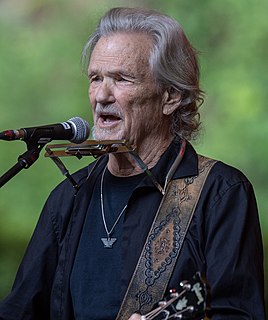A Quote by Anthony Marra
In my own work, humor is necessary, for the reasons stated above, but also because forbidding your characters silliness, absurdity, irony, and vulgarity forbids them aspects of the human experience every bit as universal as sorrow.
Related Quotes
Critics who perceive the first level of Mann's irony recognize that the second voice is giving us reasons to be dubious about various aspects of Aschenbach's life and work. But many of them don't appreciate the second level of irony, the one exemplified in setting this narrative voice alongside the more sympathetic one, and inviting us to choose.
Peter Cooper looks at the world with an artist's eye and a human heart and soul. His songs are the work of an original, creative imagination, alive with humor and heartbreak and irony and intelligence, with truth and beauty in the details. Deep stuff. And they get better every time you listen to them.
The best everyday example of relativity, the finest symptom of human intelligence, is humor. (...) Design without humor is not human. The word 'beautiful' does not mean anything. Only coherence counts. An object, design or not, is primarily an object that meets the parameters of human intelligence, which reconciles opposites. The lack of humor is the definition of vulgarity.
You're always learning as an actor... anything you do is a learning experience. It's the same whether you're doing film or TV, you have to do the part to the best of your ability, no matter how big or small the role. It's as simple as that, really. But every bit of work you do is a learning experience - which is the same, I guess, for people in whatever job they do. But with acting, it's also fun to be able to explore different characters and emotions.
Egotism exists everywhere, but it has a different flavor in England, where the tabloid culture goes much deeper. It's just the indulgence of vulgarity, the wallowing in vulgarity. As with everything English, there's a sort of irony to it. They write a great deal about these trivial people who have a certain eminence, always with a bit of, "Isn't it ridiculous that we are writing about this person?"
I valued the experience of making the recordings, and I value the performances contained therein, and I value so much of what they can represent. I also think they're a terrific listening experience. Putting them out this way was a way of trying to maintain and nurture the relationship with the audience and also shine a light on the recent past, because we are so apt to be forgetful as human beings that there was such a thing as a recent past. These are some of the reasons for making this record.





































